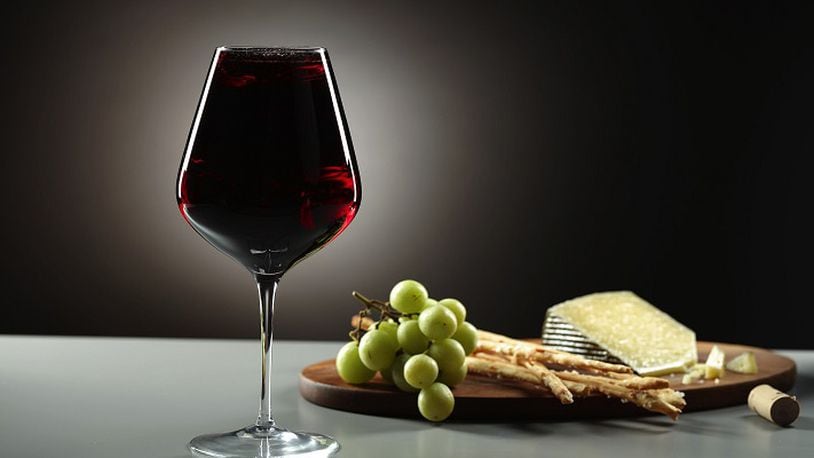The answers will be up to you — there are no right or wrong responses. This is a chance to be reflective.
First, how do you feel when people offer to pour you a glass of what you think is the “wrong” wine style? What if they offer you a glass of cabernet sauvignon the minute you arrive at a party? Even if you love that wine style but know this is not the right time for it, would you shrug and say “sure”? Or would you ask what else is available?
Beyond that, what about a more subtle instance of “wrong wine at the wrong time”? What if the order of wines you are served — either in someone’s home or in a restaurant that offers wine pairings — is not to your liking? Are you flexible, or will your night be ruined if you have to drink a light-bodied red before a full-bodied white?
When presented with multiple wine glasses during a meal, do you say to yourself, “What could be bad about any of this?” Or would you think of the myriad glasses as “missed opportunities,” too many options that don’t allow you to linger and savor? It comes down to how much you care.
How do you feel when a wine is served at the wrong temperature? If that cabernet sauvignon is too warm, would you ask if there is any way the rest of the bottle could be cooled down? If it were served so cold that it frosted the glass would you shrug and sip it, or would you cup the glass in your hand and wait for the wine to rise to the proper temperature. How persnickety are you about temperatures?
How much you care can blur together with how intolerant you are, and to me, these are two very different things. You have to care a lot to be intolerant, but you can also care as much as anyone in the world and still be tolerant. Take glassware, for example. If someone poured you a really special wine in a juice glass, would you think of it as a missed opportunity? What is your stance on wine in Solo cups?
What about a full pour for your first glass of the night, when there are several different bottles open and sitting out? You can only drink so much wine before the alcohol starts to affect you, and you can only drink so much after that before the alcohol starts to defeat you.
Would you be vigilant about every ounce of wine you tasted, or would you just go with the flow? Would that make you intolerant, or would it just be very clear evidence of how much you care?
Obviously, the “right” and “wrong” suggestions to these questions are subjective. To someone who really cares, there is a right and wrong always. To someone who doesn’t care that much, a really exquisite glass of wine served with Doritos or frozen fish sticks would not be a disaster.
The next time you are in a social situation with a glass of wine in hand, consider one or two of these questions. You may find that you actually do care about something you never put much thought into, like glassware — maybe you realize you need to stock your cabinet with great glasses. You might also realize that you have been too rigid about some other aspect of wine drinking. Letting go of that hang-up might increase your enjoyment.
About the Author
